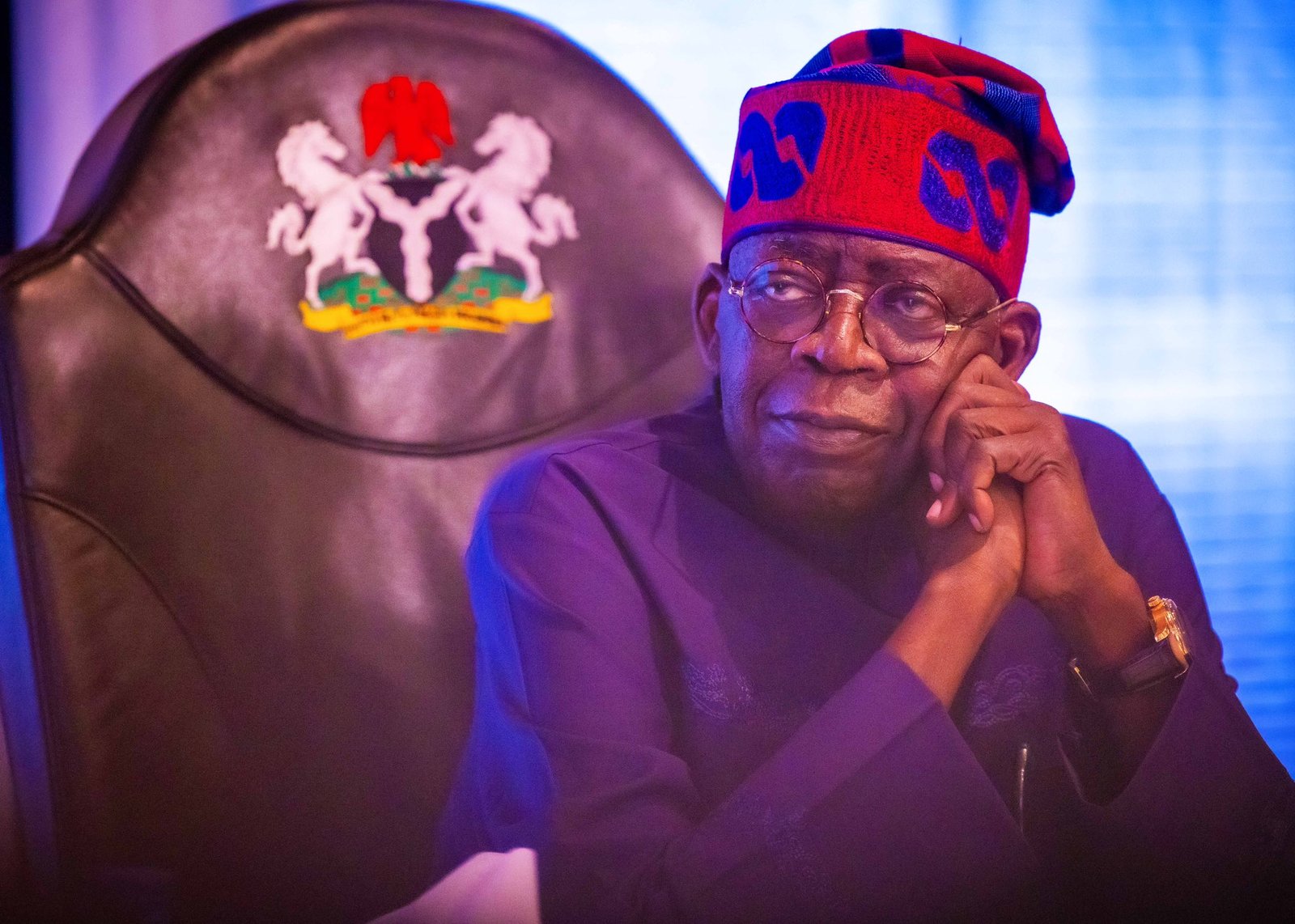The Minister of Power, Adebayo Adelabu, announced on Wednesday that President Bola Tinubu has recently halted the increase in electricity prices and insisted on the payment of subsidies for power consumption across the country.
The Minister also stated that President Tinubu’s administration will investigate the legality of the five-year extension of licenses given to privatized power distribution and generation companies.
Adelabu further revealed that the operating licenses of these companies will expire on October 31, 2023.
During a press briefing in Abuja, the minister issued a warning that he would dismiss any chief executive in agencies under the power ministry who is not performing well.
He emphasized that if their lack of performance would jeopardize his position as minister, he would not hesitate to take action.
The minister also addressed the topic of a cost-reflective tariff, which would result in an increase in the amount of money people have to pay for power.
Adelabu said, “The power sector is an industry that is very sensitive to any leader.
“You cannot jump overnight and implement the cost-reflective tariff. I can tell you that till today the government still subsidises power. The tariff should have been raised months back, but Mr President said until we are able to achieve regular and incremental power supply we can’t touch the tariff.
“So there is a gap between the cost-reflective tariff that we are supposed to charge and the allowed tariff. That huge gap the government is still handling as a subsidy. This affects liquidity in the system, and investments and causes so many constraints.
“Now, I never said that it is not yet time to charge a cost-reflective tariff. Rather, I said cost reflective tariff is supposed to have been implemented months ago because it is the source of liquidity to the system.
“But for political reasons and empathy, you cannot cause additional burden on Nigerians. We just had the removal of fuel subsidy, we are talking about the exchange rate skyrocketing, galloping inflation and so many others that bring hardship to the people.
“And Mr President is trying to relieve this hardship through various forms of palliatives. So it is not politically expedient and reasonable to now implement a tariff that is more like dumping the existing tariff.
“We are now paying about N70 (per kilowatt-hour), and it can never be less than N130 or N140 at the exchange rate of today if we are to implement a cost-reflective tariff. Because part of the reasons for an increased tariff is the price of gas, which is paid in dollars.”
He explained that as of today, 75 to 80 percent of Nigeria’s power is from gas power plants, “and their raw material is gas. So, once the exchange rate goes up, the cost of gas also goes up and it affects the tariff.”
He however, stated that the tariff will be increased at a later time, after proper communication and awareness among the public. Additionally, there needs to be a consistent and reliable supply of power.
The minister expressed disappointment with the current power generation of around 4,000 megawatts in Nigeria, considering it to be shameful and unacceptable. However, efforts are being made to improve this situation.
The minister emphasized that any senior official in the ministry or its agencies who fails to meet expectations will be dismissed, as the President has made it clear that ministers must perform or face termination.
Adelabu said, “I’m using this medium to tell my colleagues who will work with me that if your activity is not supporting my retention, you’ll leave before me. Because for me, I don’t wait to be sacked, the moment I’m not performing, I’ll leave honorably.
“But before I leave I’ll explore every opportunity to ensure I deliver because this is not personal, this is national, and national interest must prevail. So all the players in the power sector must support my vision so that I can support Mr President’s vision.”
The minister argued that the decision to privatize the power sector in 2013 was a mistake. He emphasized that it would have been more effective to commercialize it instead.
However, he acknowledged that the Federal Government still had the option to take control of the power distribution companies, even though they already owned a 40 percent stake in these firms.
Adelabu also mentioned the possibility of reviewing the territorial coverage of the Discos, as many of them were responsible for handling excessively large territories and were not meeting expectations in terms of service delivery.
The minister stated that when he took office, he noticed that the licenses of the privatized power companies were valid from 2013 to 2023. However, he later learned that there had been a five-year extension.
The minister mentioned that this matter is currently under investigation. Additionally, he mentioned that the government plans to hold discussions with the private sector operators to establish a performance bond that the power companies must fulfill.
Adelabu added, “That is what actually matters to us now, but I can tell you that I’ve ordered an investigation into the extension of the licenses, (which was) not by this administration. So we want to investigate what truly happened.
“How legally correct was it, how contractually correct was the extension?”
Speaking on whether Nigeria had started supplying power to Niger Republic, Adelabu said, “We have not started. We are just messengers, when they ask us to resume, we will resume.”
He noted that the Federal Government is currently monitoring the situation in the affected country.





